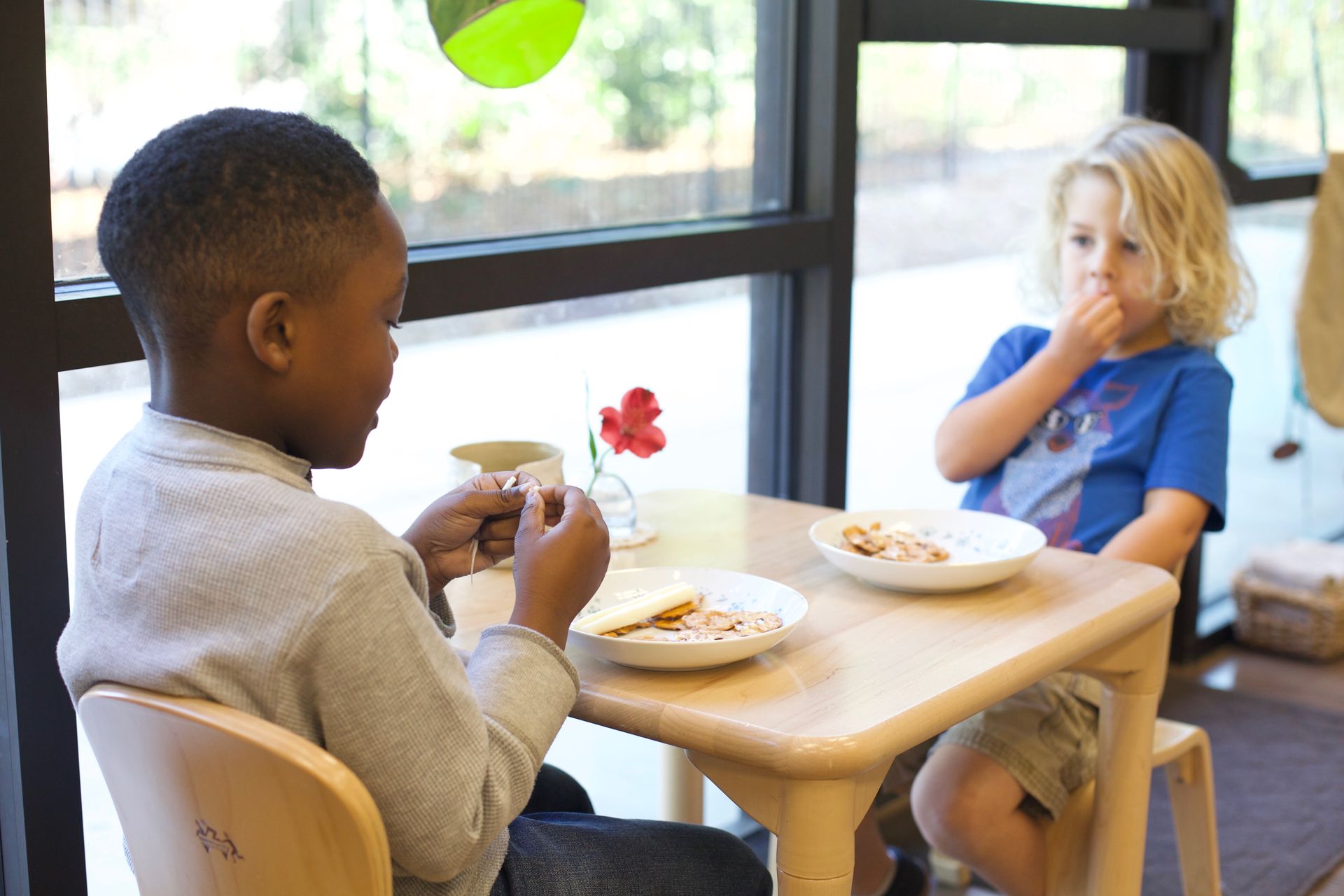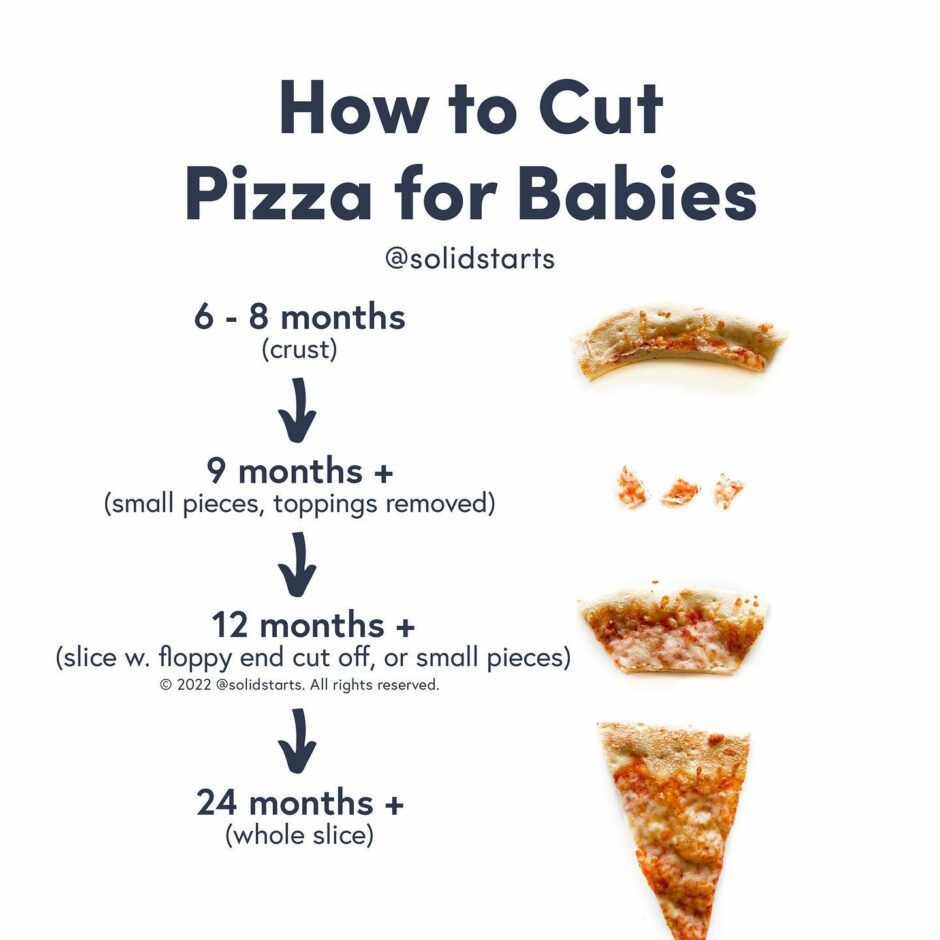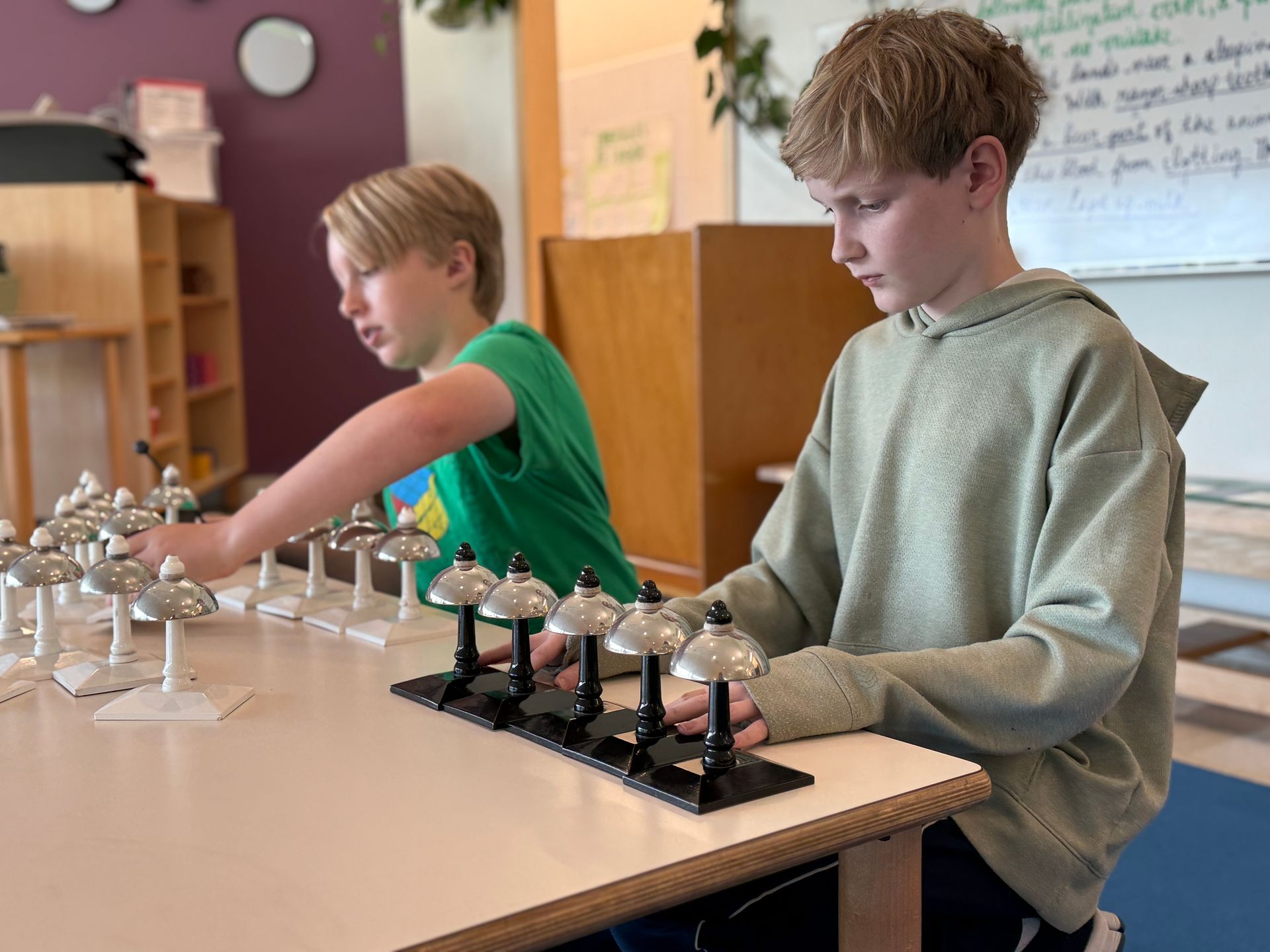When kids aren’t eating their food, it can seem like they’re disinterested, not hungry, or for some reason simply rejecting their meal. All of this could be due to many things, but we want offer a few suggestions to help mitigate what could become a real stress for both you as parents and your children. Eating meals, snacks and treats should be a fun thing for all!

Mealtimes with children can be challenging to say the least.
First, as children grow and develop their self-control, you might see progress in lots of areas, such as hitting less, shouting less, and taking on much more intellectually challenging work. However, with new growth and progression, there will almost always be a regression somewhere else. We would call this a negative manifestation of self-control in other areas.
One area this negative manifestation could arise in is food frustrations as kids are learning more and more about their will and control. Having scheduled mealtimes can make a big difference because your child can feel when it’s time to eat based on your daily routine and prepare themselves.
Things to consider for re-engaging interest/openness to food:
- Have your child choose and pack their snacks for the day. Involvement is typically an open door for interest. Try giving them two options, and they’ll typically look forward to enjoying their choice by snack time.
- At the dinner table, minimize pressure to eat by making it playful. Ask your kids, “Which food on the plate is crunchiest? What does it sound like when you bite into it? Mmmm, these carrots are so sweet! Can you taste how sweet they are?" Primary Lead Guide in the Juniper Room, Ms. Grace, uses this kind of strategy all the time in the classroom.
- Sometimes kids are quick to answer no to any question presented to them, but they often just need time to process the questions or request. If your kid is refusing to sit at the table or try a food, let them know that the expectations are for the family to sit together during the meal whether they choose to eat or not. With the pressure to eat removed, they may surprise you and end up taking a few bites.
Know that this is all typical! Your child is right in that sweet spot of engaging their will and learning about what they can and can't control. We all have days or phases where we're less or more hungry than usual. If child is refusing a food, have patience and stay positive!
Navigating Meals with your Toddler
Family meals give young children a lot of information and language. They should be able to participate as an equal member of the family by having a place for themselves at the table, be able to try the same foods as the rest of the family if possible, and to join you in eating, listening, or just observing.
This will help set the general expectation that “when we eat, we eat at the table.” Continuing to feed them or offer snacks while they walk around will distract your kids, as well as send the mixed message that food comes to them at sporadic times and they can eat it wherever they like. It’s important that as the parent you are setting a kind, but firm limit.
Resource: Solid Starts is a great resource for information and tips that help you introduce real food to babies and prevent picky eating. They encourage feeding journeys in a way that reflects different values, food cultures, and identities. They also don't shy away from areas of debate around access and equity, and regularly offer information about environmental and human rights impact to create meaningful dialogue around them. Their goal is to present information and encourage you to balance those findings with reality.

Giving Children Independence
Toddlers love to exercise independence. That’s why they get so frustrated when they are unable to do something by themselves!
Some find it surprising that we give real glasses and plates to our students. In Montessori, we always give children real objects so that they can have their own real-life experiences. We use real cups, dishes, and cutlery, from our Toddler Community environments to the Primary and Elementary classrooms. Using plastic spoons and dishes is not necessary because we believe children can be empowered and trusted to use 'real' things; we can show the child we trust and respect them.
Additionally, we are allowing children to learn natural consequences when we give them the opportunity. We do not need to protect children from consequences. Of course, we don't want to cause harm to our children; however, breakages can provide an excellent opportunity to learn about cleaning up safely from an appropriate age. If they drop a glass and it breaks, they can learn and adjust their movements to protect the fragility of their environment.
Easy Independent Snacks for Toddlers
The best way to satisfy your child’s urge for autonomy is to set them up for success. Providing scenarios in which they can be independent, whether it’s carrying a cup to the table or choosing a piece of fruit from a basket, will boost their self-esteem and reduce power struggles that arise from frustration.
- Set out a water dispenser for your kids to help themselves. Having a station that your little one can freely help themselves to water gives them a real sense of power! Place a cup next to the water dispenser and show them how to do it. Bonus tip: There will most certainly be spills with this process, so consider keeping a small basket with a dishtowel nearby and make wiping up spills a natural part of the process.
- Clear out a cabinet or shelf that’s in reach of your kids for snacks so they won’t have to ask an adult each time they feel a bit peckish. This way, they’re able to meet their own need until family mealtime. Consider putting there a box with one favorite snack in it that they are allowed to take and eat at any time. It helps if they have their own little table nearby where they can sit, prepare, and enjoy it as well.
- Let your kids do their own banana slicing! In the Montessori environment, students as young as 16 months are starting to practice slicing with a dull knife or using an apple slicer on their own. How great is it that when they feel hungry they can know where to go and what to do to feed themselves?
As always, know that we are here to partner with your entire family and to help you navigate this challenging phase of parenting.





